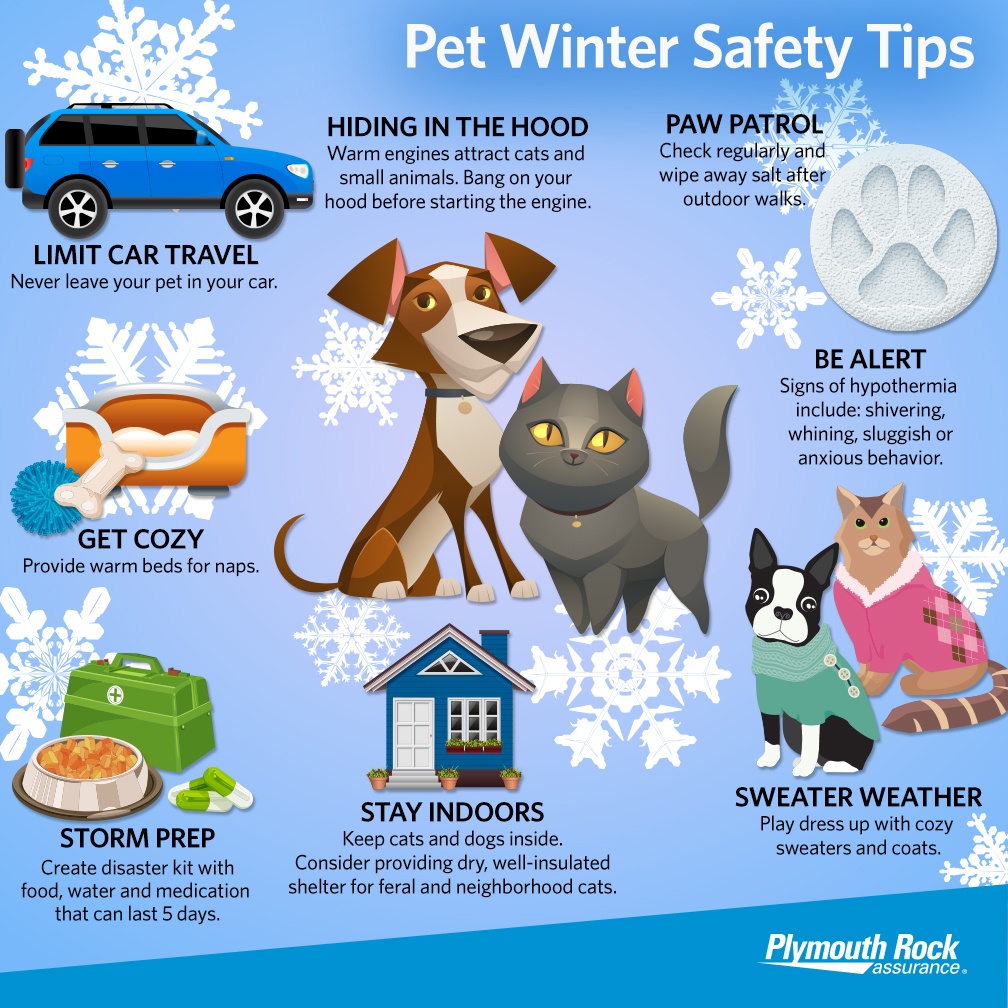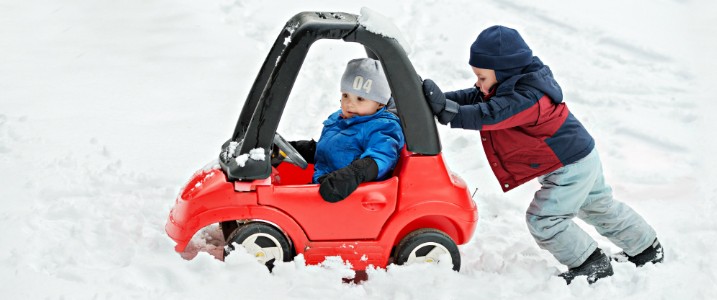Baywood Marina Blaze: Crews Battle Boat Fire in Brick Township
December 7, 2023Ocean County’s Must-See Holiday Light Show: A Spectacular Delight
December 7, 2023
Essential Tips for Keeping Your Pets Safe
As stated by the ASPCA pets can suffer from a variety of issues, including chapped paws and itchy, flaky skin from exposure to the dry, cold winter air as well as freezing rain, sleet, and snow.
Winter walks can become dangerous if chemicals from ice-melting agents are licked off of bare paws. These are some useful hints for keeping your pet warm and secure over the winter.
Adopt A Pet
Adopt a Pet in Toms River.. Petfinder.com offers people the opportunity to adopt a pet near and far.
Your pets skin may get itchy and flaky if you frequently come inside from the cold and into your home's dry heat. When your pet comes inside, make sure your home is kept humid and give him a thorough towel dry, giving close attention to his feet and the spaces between his toes. Clear the area between his foot pads of any snowballs.
Never shave your dog down to the skin in winter, as a longer coat will provide more warmth. If your dog is long-haired, simply trim him to minimize the clinging ice balls, salt crystals and de-icing chemicals that can dry his skin, and don’t neglect the hair between his toes. If your dog is short-haired, consider getting him a coat or sweater with a high collar or turtleneck with coverage from the base of the tail to the belly. For many dogs, this is regulation winter wear.
During extended walks, carry a towel to wipe off itchy, stinging paws. Wash and pat dry your pet's paws and stomach after every walk to get rid of ice, salt, and chemicals. Additionally, look for cracks in the paw pads or redness in between the toes.
On chilly days, do not give your pets a bath if possible. Over-washing can cause the loss of essential oils and raise the risk of dry, flaky skin. Ask your veterinarian for a recommendation on a moisturizing shampoo and/or rinse if your dog needs to be bathed. Before venturing outside, apply petroleum jelly or other paw protectants to your paw pads to help shield them from chemicals and salt. In addition to offering additional coverage, booties help stop salt and sand from becoming tangled in bare toes and irritating them. When possible, use ice melts that are safe for pets.
Antifreeze, like coolant, is fatally poisonous to cats and dogs. Make sure you wipe up any spills completely from your car, and use products that have propylene glycol instead of ethylene glycol.
In the cold, pets use additional energy trying to remain warm. During the winter months, feeding your pet a little bit more can provide her with much-needed calories. You should also make sure she drinks lots of water to stay hydrated and prevent dry skin.
Ensure that your pet has a warm, draft-free sleeping area that is off the ground. A warm blanket or cushion on a comfy dog or cat bed is ideal.
Keep in mind that your pets will probably find it too cold if it's too chilly for you, so keep them indoors. Pets left outside run the risk of freezing, being lost, getting stolen, getting hurt, or even dying. Additionally, avoid leaving pets alone in cars during the winter since they can freeze to death because cars can behave as refrigerators by trapping in the cold.







